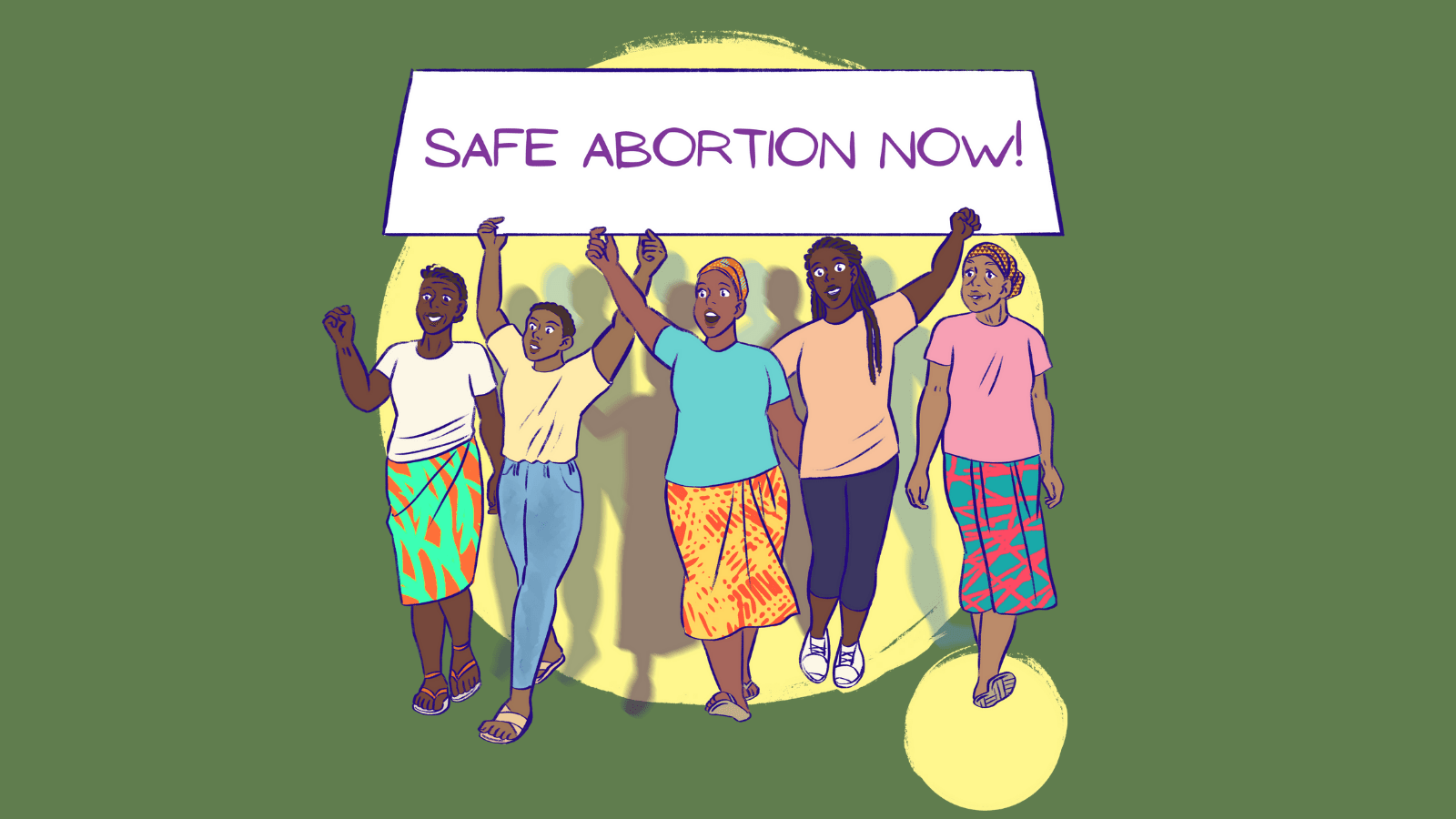Efua, a 25-year-old fashion designer and single mother in Ghana, faced uncertainty when she sought an abortion at a health clinic last year. Despite being assured by health workers that abortions were legal under certain conditions in Ghana, Efua, who requested to be identified by her middle name for safety reasons, still harbored concerns.
Accessing accurate information about abortion proved to be a challenge for Efua, who opted not to disclose her procedure to her family due to fear of judgment. Her experience highlights a broader issue faced by many women across Africa who may not realize their entitlement to legal abortions, despite loosened restrictions in more than 20 countries on the continent.
In countries like Ghana, Congo, Ethiopia, and Mozambique, where abortion laws have been expanded, some doctors and nurses are increasingly cautious about openly providing abortions. They fear backlash from opposition groups, emboldened by the US Supreme Court’s decision to overturn the nationwide right to abortion in 2022.
The Maputo Protocol, a human rights treaty adopted by all 55 countries of the African Union, mandates that nations grant women the right to a medical abortion under specific circumstances. However, despite this legal framework, access to abortion remains limited in many countries, with misinformation being widespread.
Obstacles to access persist even in countries where abortion is legalized, with resource constraints hindering availability, especially for marginalized communities. Moreover, tech giants like Google and Meta have been criticized for restricting access to accurate information about abortion while allowing anti-abortion groups to disseminate false claims.
The anti-abortion movement in Africa, bolstered by funding from conservative American groups, poses a significant threat to reproductive rights advocacy. The tactics employed by opponents mirror those that led to the reversal of Roe v. Wade in the US, raising concerns about the future of abortion rights on the continent.
Despite these challenges, Efua emphasizes the importance of accessible and reliable information about abortion. She believes that many women face similar dilemmas and stresses the profound impact of unwanted pregnancies on women’s mental and physical well-being.
As debates surrounding abortion rights continue, Efua’s story underscores the urgent need for comprehensive reproductive healthcare and education to empower women across Africa to make informed choices about their bodies and futures.



